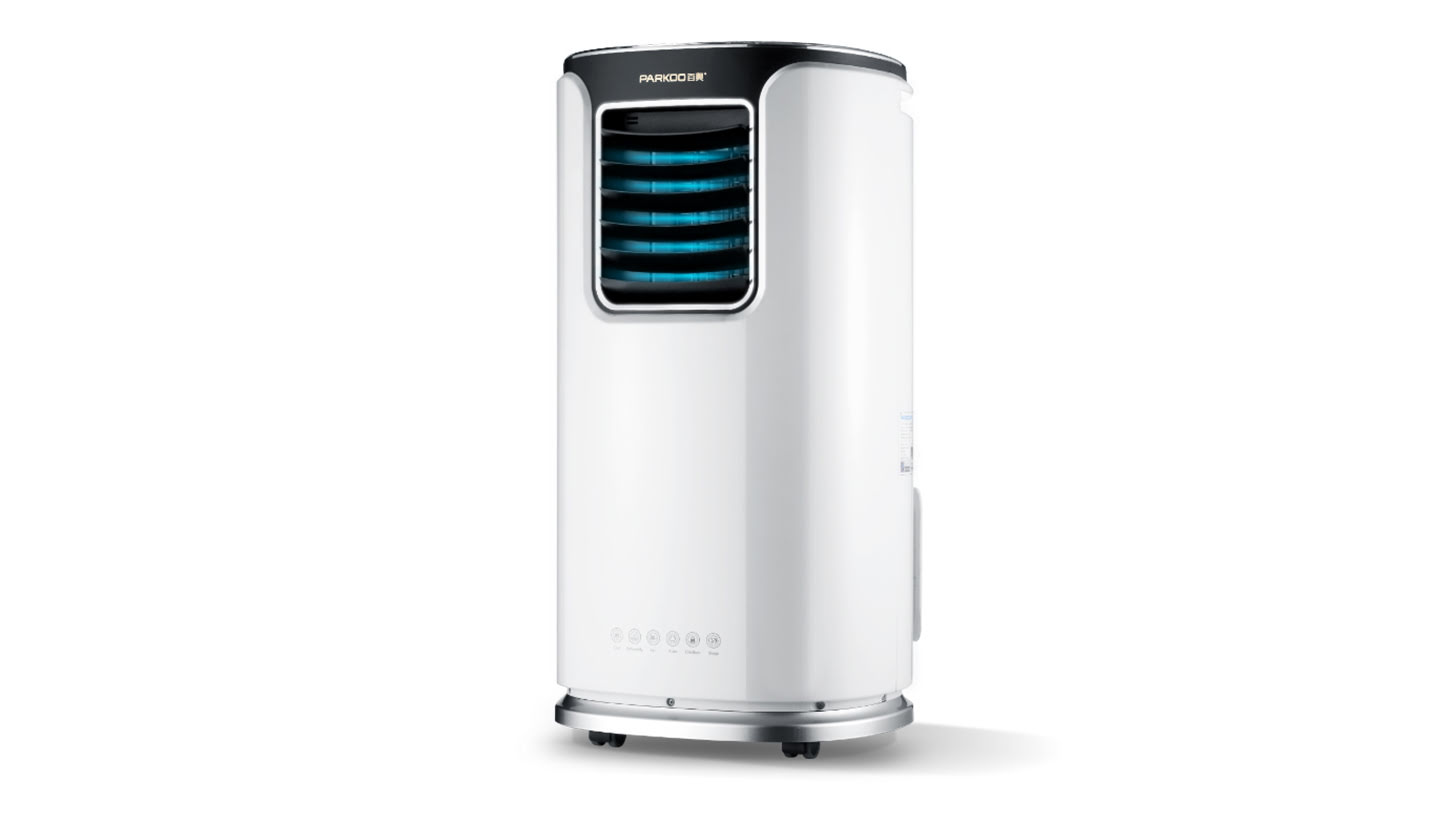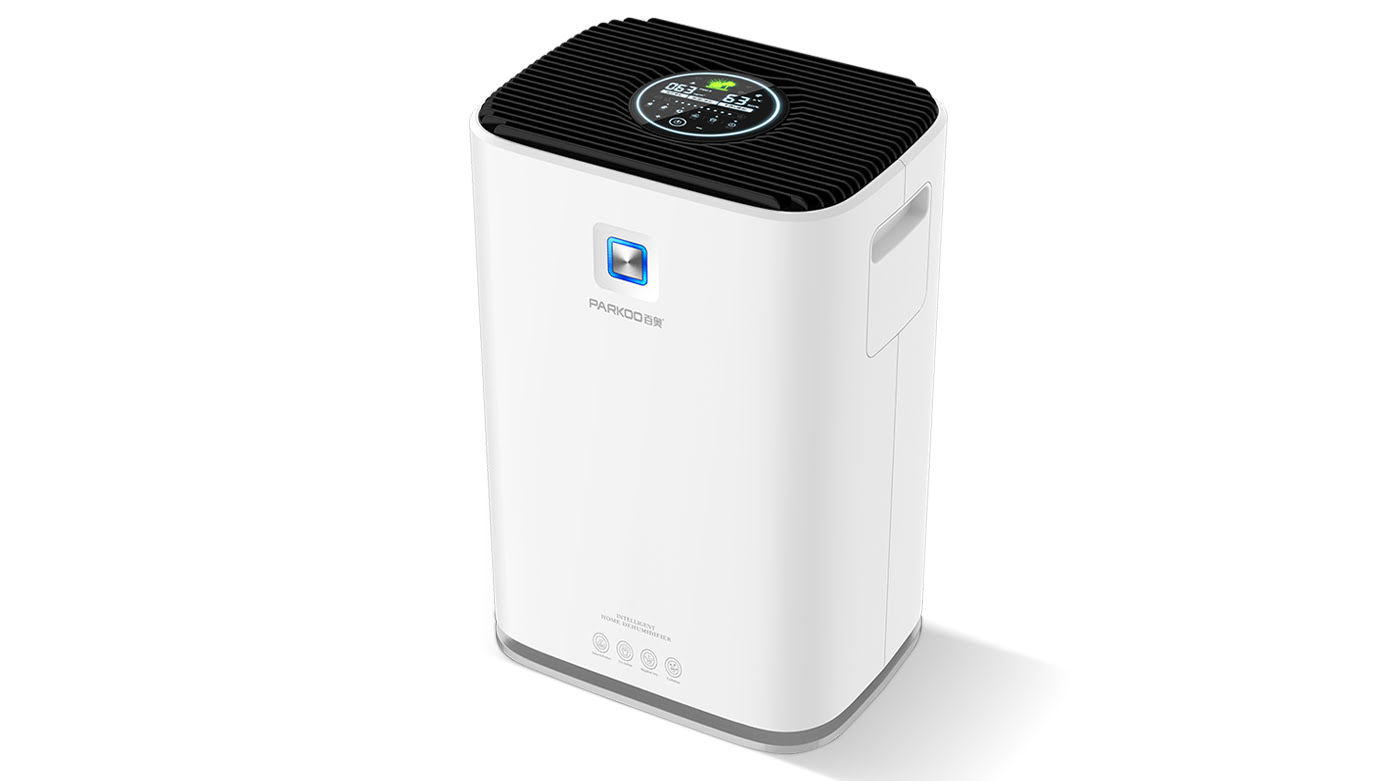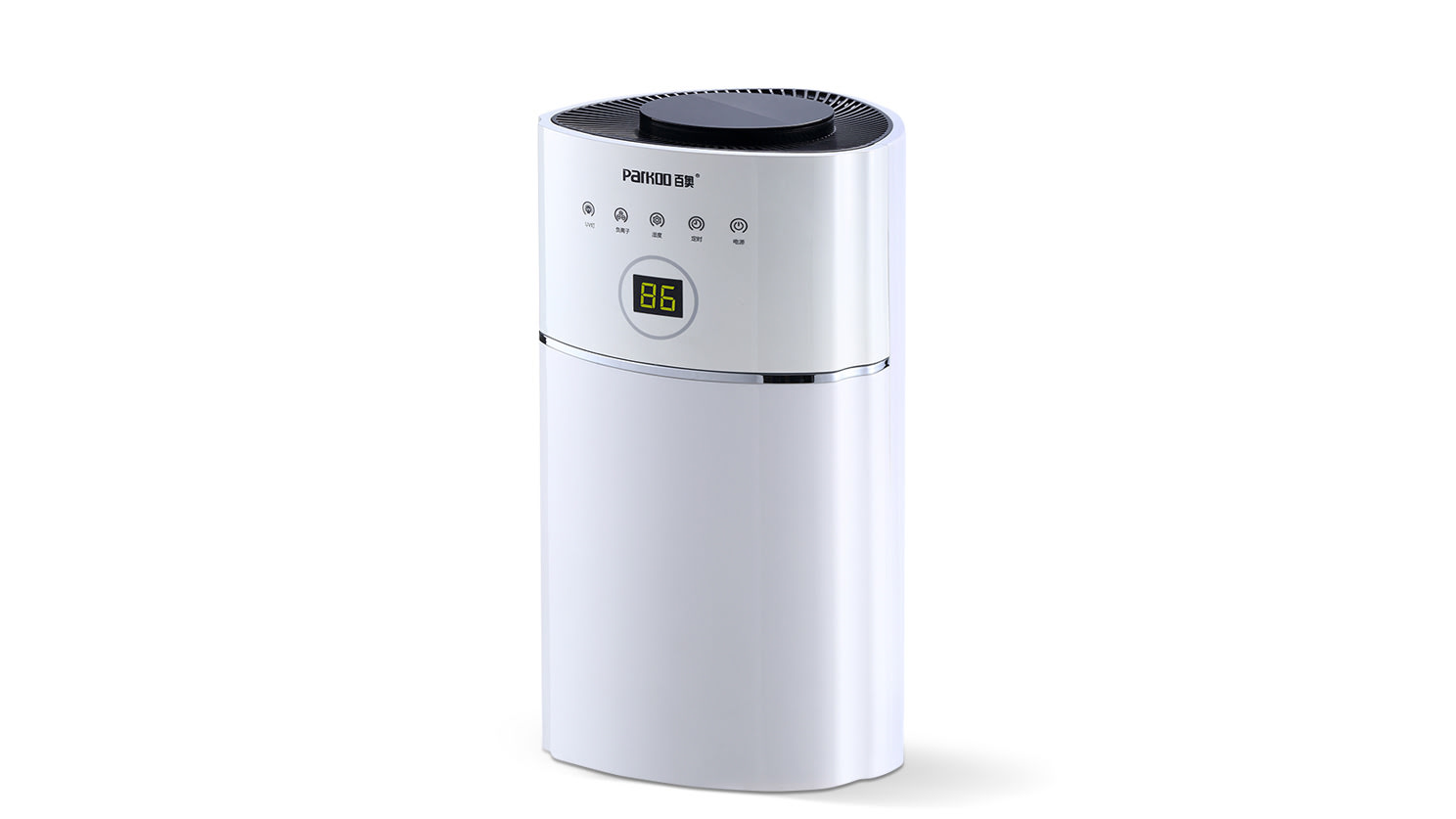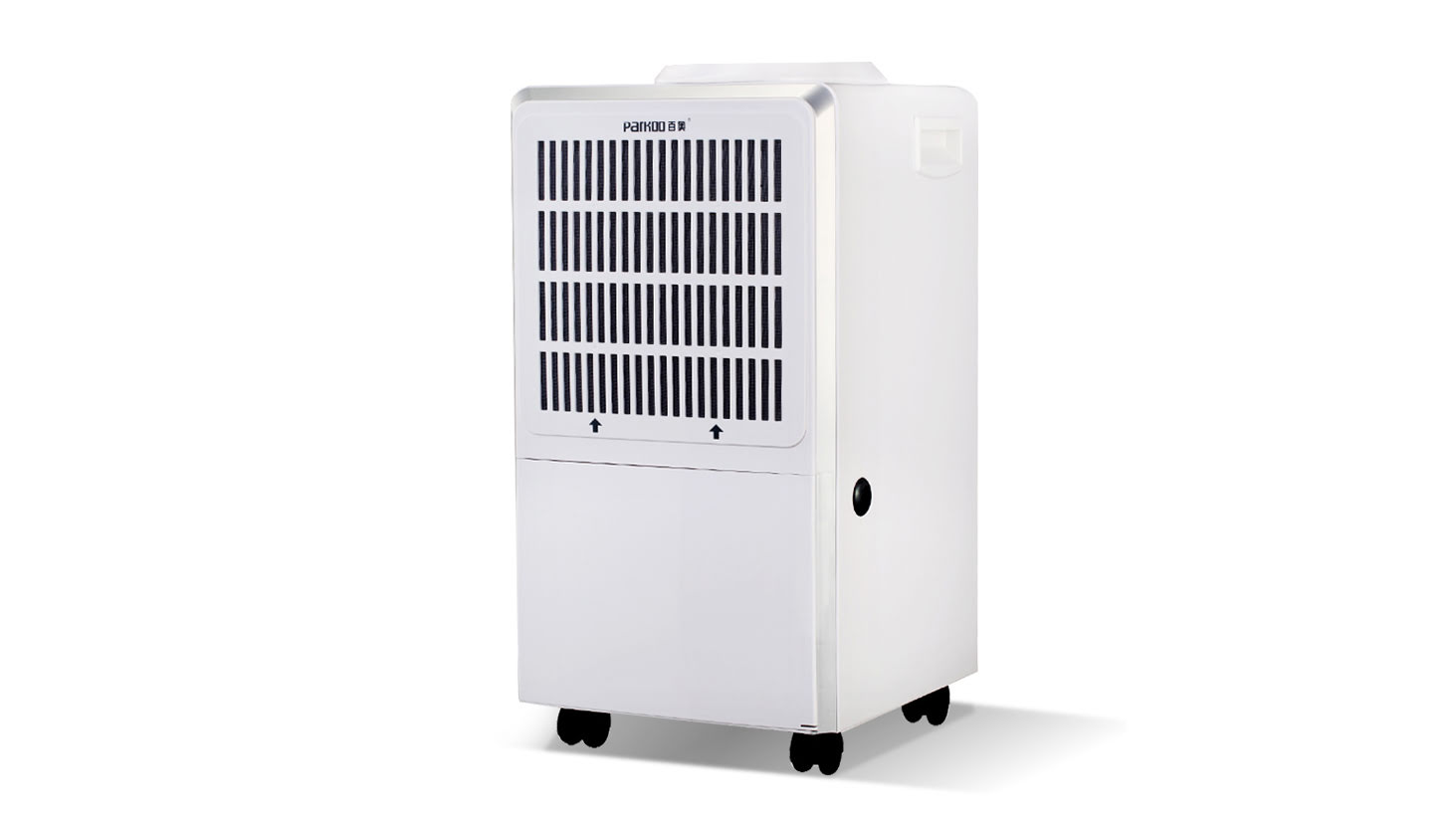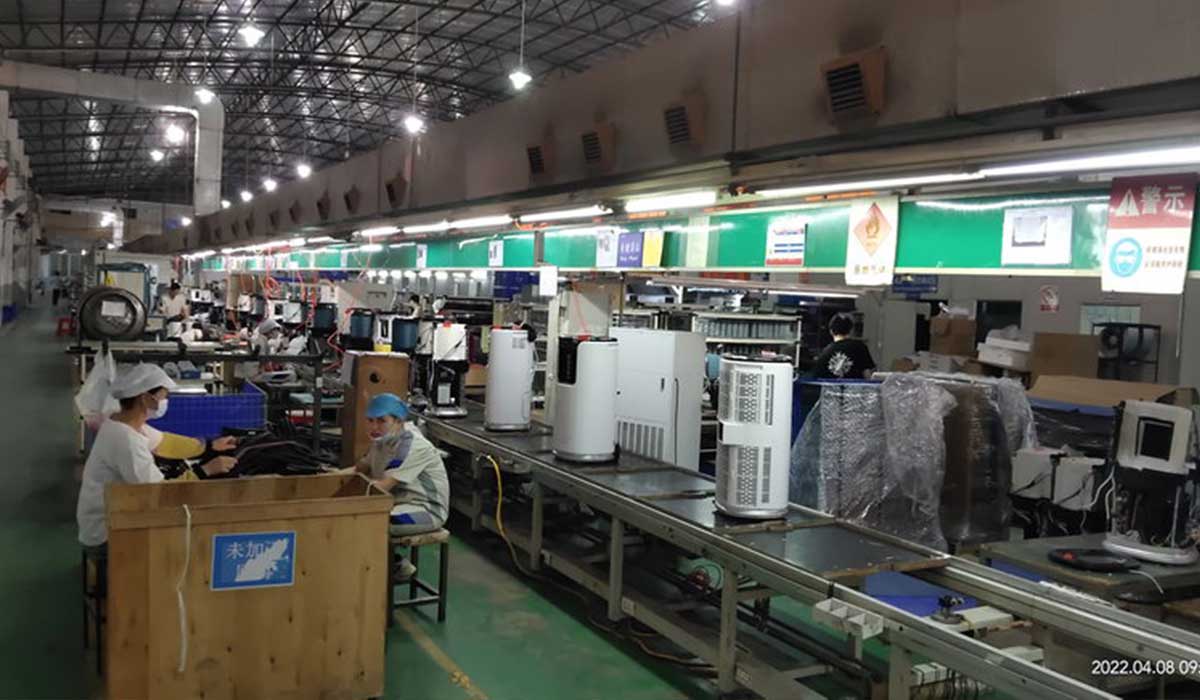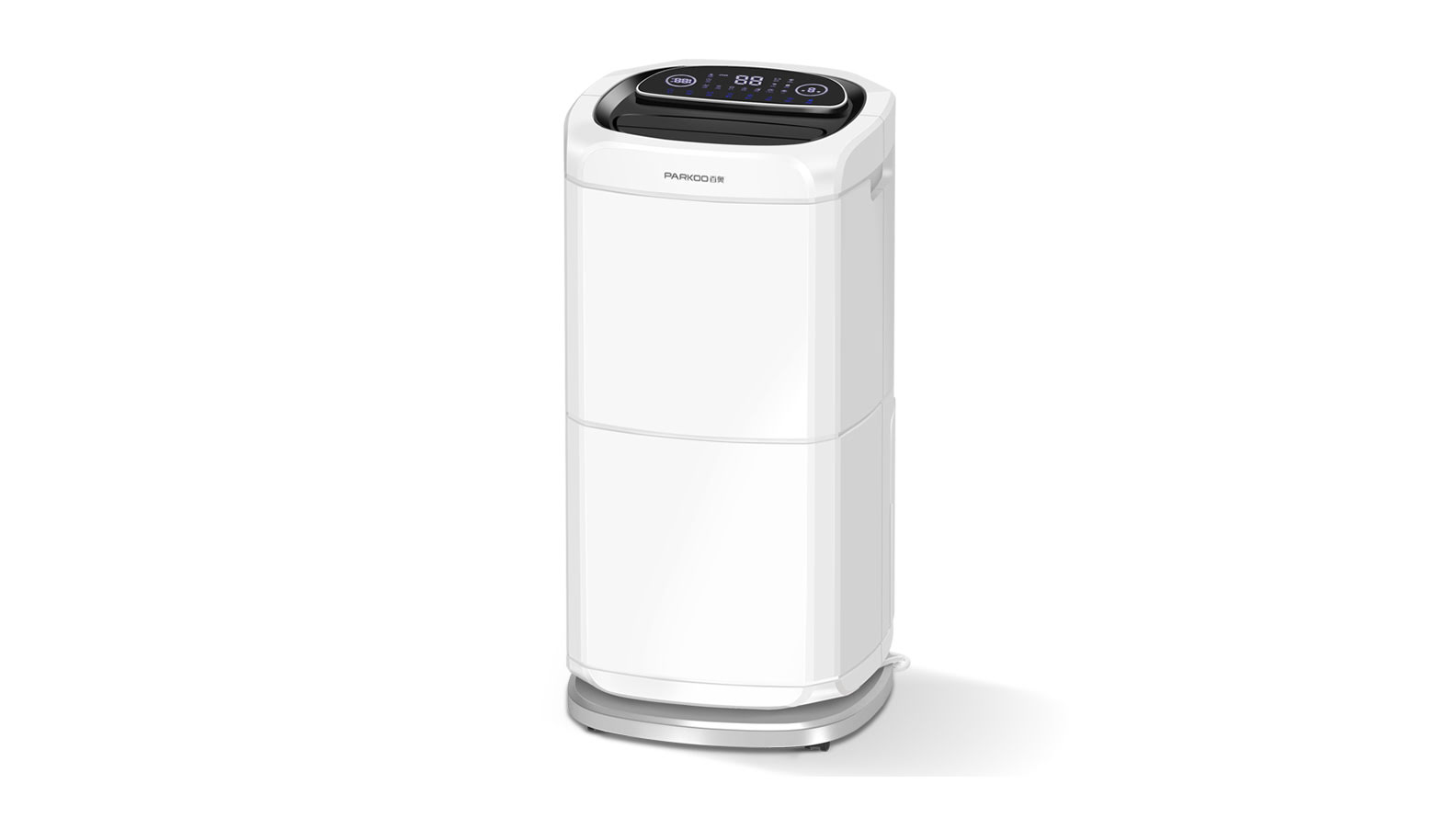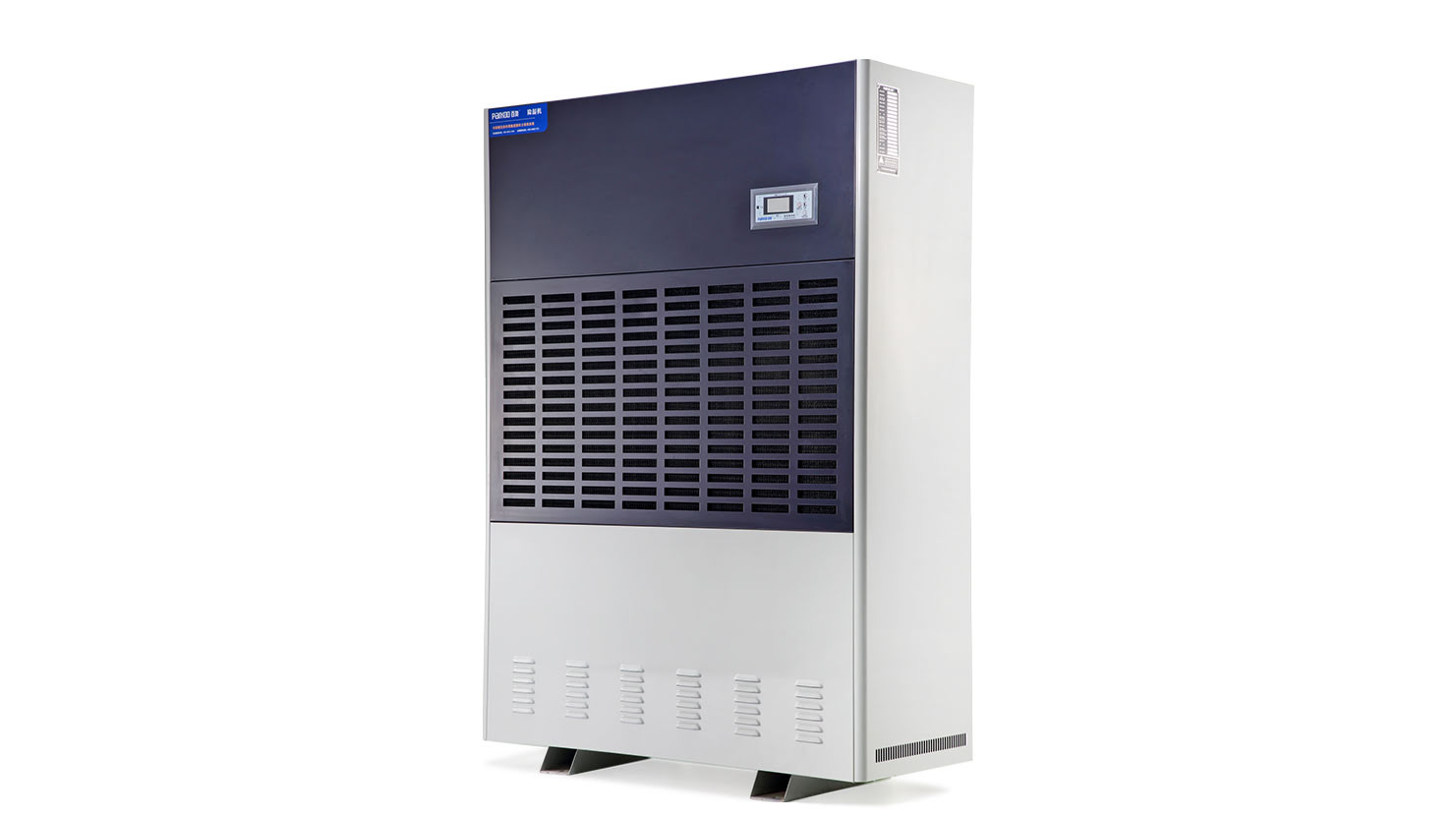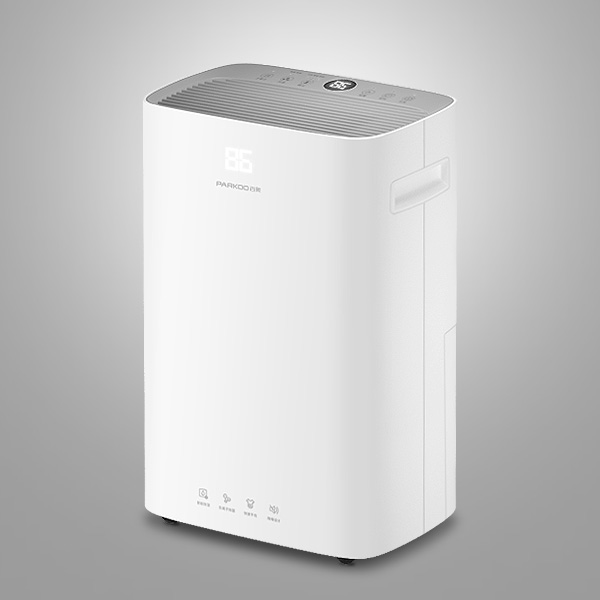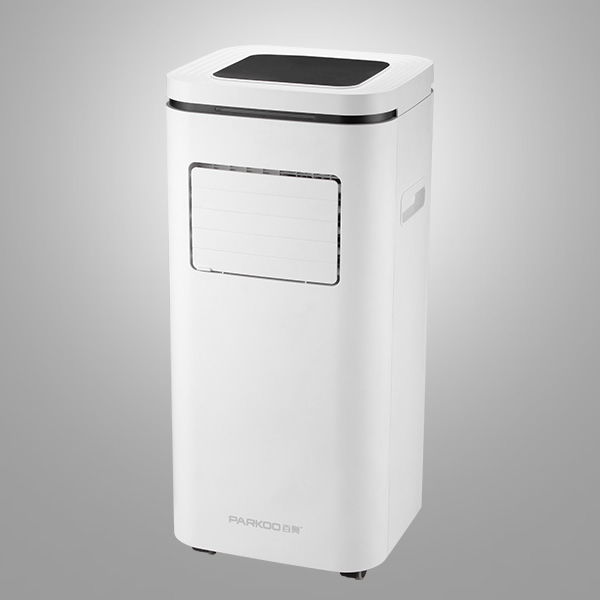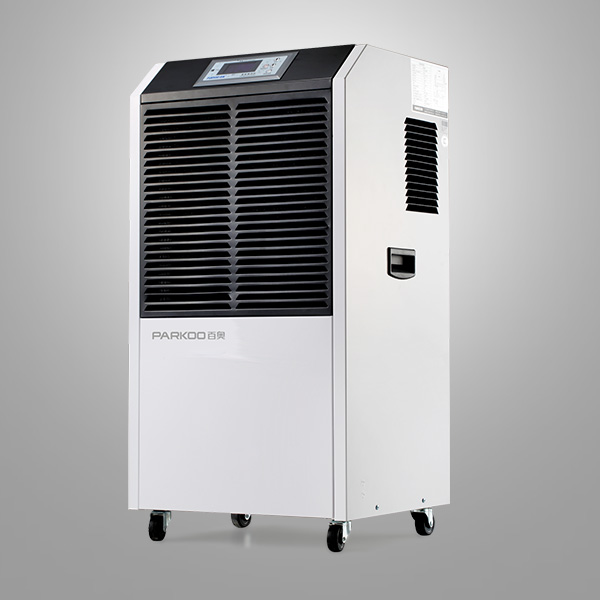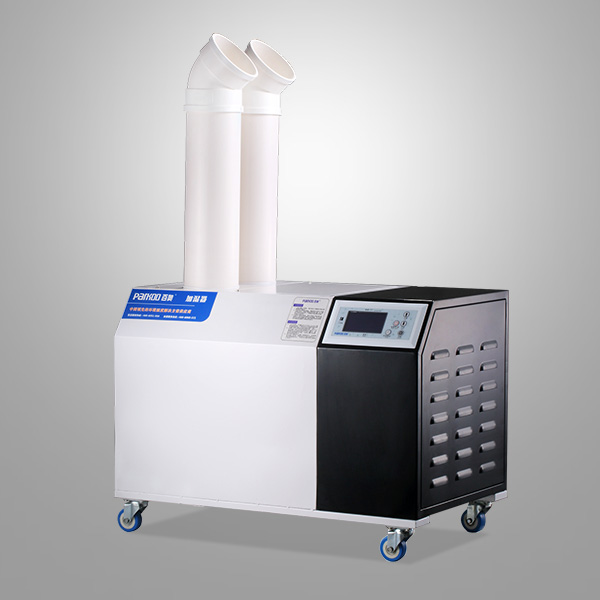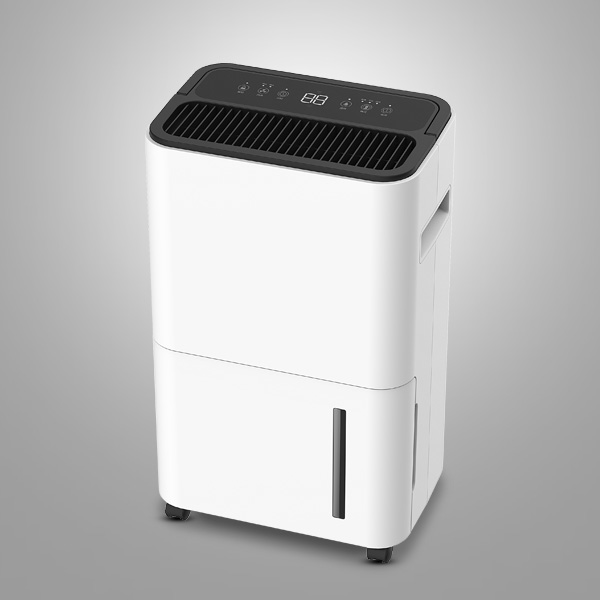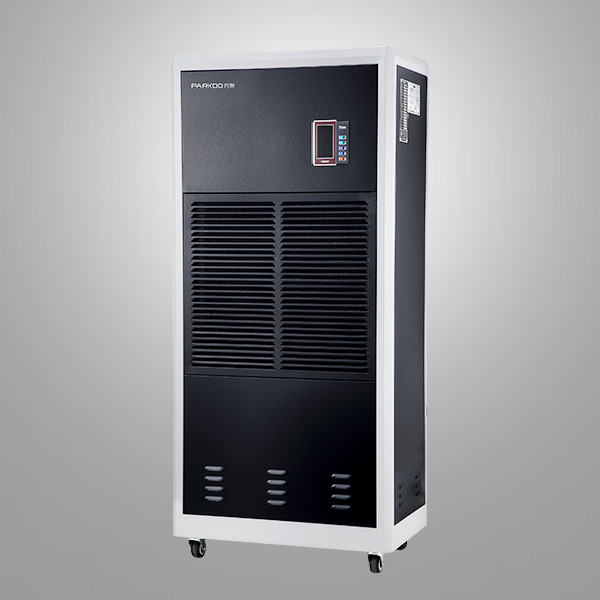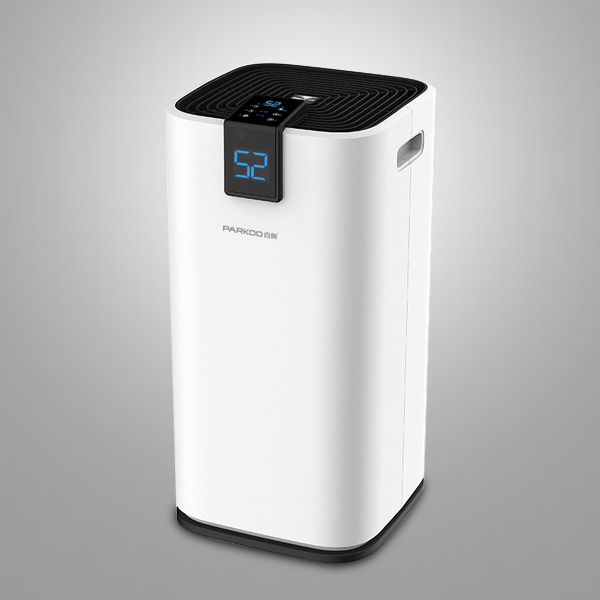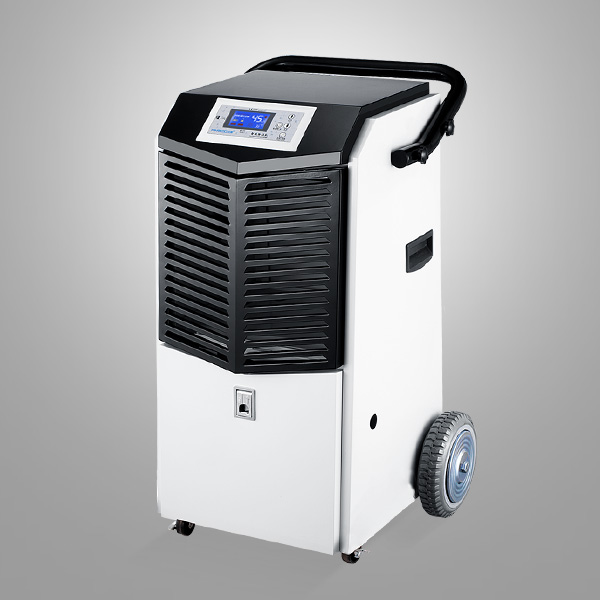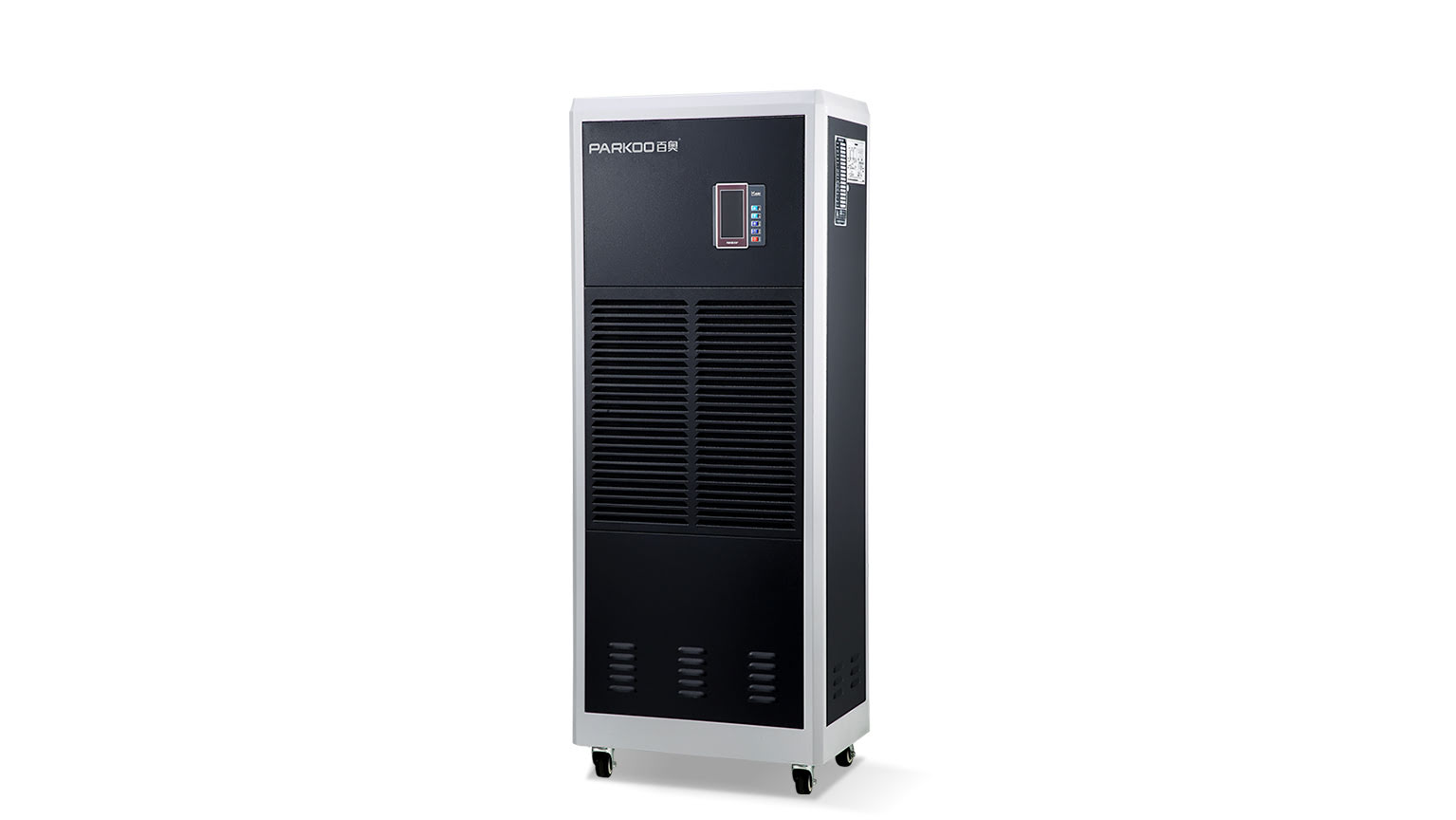In ammunition storage, the influence of huMidity Environment on ammUnition Quality cannot be ignored. if the humidity is too high or too low, the quality of ammunition may develop in a bad direction, thus affecting the storage life of ammunition. during ammunition storage, the relative humidity should be controlled at 40%~70%. On this basis, efforts should be made to control the Environmental humidity within the Appropriate humidity requirements, that is, the relative humidity should be contRolled at 55%~65%.
Humidity change rule:
taking the daily variation law as an example, Due to the sufficient evaporation water source in island areas, the absolute humidity is directly affected by the temperature, so the daily variation law of absolute humidity is the same as that of temperature. At about 14:00, the temperature was the highest and the humidity was the highest; The temperature is the lowest and the humidity is the lowest before and after sunrise. In the same way, the annual change of absolute humidity is the same as the annual change of temperature. There is a monthly average maximum value and a monthly average minimum value. The maximum value occurs from July to August, and the minimum value occurs from January to February. The monthly average relative humidity in island areas is generally 20%~30% higher than that in inland areas.
If the humidity is too high, the dilution of charcoal and potassium nitrate in black powder will increase, resulting in difficult ignition and slow burning rate; failure and misfire of ignition components. It will also make the propellant inhale too much water, which will lead to the unqualified ballistic performance of the propellant.
In fact, humidity not only affects the propellant, but also affects the mechanical strength and ballistic performance of ammunition.
If the humidity is too high, the non-Metallic materials in the ammunition may be diluted, expanded or even mildewed; Make the Cartridge case tight plug cover and Moisture-proof cover loose and lose the sealing property; Dilute the sealing grease and antirust oil and lose the sealing effect, which can Cause adverse Consequences to ammunition. when the air humidity reaches 60%, the increase of humidity will accelerate the corrosion of metal.
In the electrochemical corrosion of metal, the presence of salt will Improve the conductivity of electrolyte, promote the chemical condensation of water vapor on the metal surface, and destroy the passive film on the metal surface. these factors greatly accelerate the corrosion rate of metal, thus changing the performance and role of metal components of ammunition, and greatly reducing the storage life and safety of ammunition.
Humidity management is a very Important link in the management of ammunition stocks. The quality of ammunition is directly affected by the quality of management. generally, when the humidity in the warehouse exceeds 70%, the deterioration rate of ammunition will be doubled for every 10% increase in the relative humidity of the warehouse. At present, the island area mainly uses caverns and ground wareHouses for ammunition storage. Therefore, the following Three humidity control methods for storage environment are proposed:
ventilation and deHumidification:
When the air outside the warehouse is dry, open the doors and windows of the warehouse to ventilate the ammunition warehouse. Ventilate the moist air in the warehouse, reduce the humidity of the air in the warehouse, promote the gradual evaporation of the water content of the structure and ammunition wooden packaging box in the warehouse, and gradually reduce the water content of the structure and ammunition wooden packaging box, that is, conduct "air drying". When the humidity in the warehouse rises, the essential structure after being "air dried" will absorb the moisture in the air due to the rise of the equilibrium moisture content, thus Preventing or slowing down the increase of the humidity in the warehouse.
In addition, during the ventilation period, it is necessary to grasp the meteorological change rule of the island where the warehouse is located, and accurately grasp the ventilation time. In the dry season, pay close attention to the ventilation. don't stop the ventilation when the relative humidity drops below 70%, because the structure and materials in the warehouse and the moisture in the wooden packing box haven't been fully volatilized. If the ventilation is stopped at this point, the humidity in the warehouse will soon rise after being sealed.
Closed humidity isolation:
The aiRTight means that the warehouse doors and ventilation windows are closed for a long time in wet seasons to prevent the high-temperature and humid air outside the warehouse from entering the warehouse. In addition, the airtight Keeps the ventilation effect in dry seasons. With the advent of the wet season, when the humidity outside the warehouse gradually increases, the warehouse door, ventilation window, etc. must be closed to eliminate the convection of the air inside and outside the warehouse and prevent the humidity from rising due to the invasion of the moist air outside the warehouse.
Auxiliary moisture absorption:
After the warehouse is sealed in the wet season, the humidity inside the warehouse may increase gradually due to the influence of factors such as moisture diffusion by the coating and the invasion of moist air outside the warehouse; At this time, the dried wood in the warehouse will absorb the moisture in the air to keep the humidity in the warehouse stable. If the humidity in the warehouse is still high for various reasons, moisture absorption measures should be taken in time to reduce the humidity in the warehouse.
At present, the moisture absorption methods adopted in warehouses mainly include mechanical moisture absorption and calcium chloride moisture absorption. The Purpose of calcium chloride moisture absorption is to make calcium chloride directly contact with the air in the warehouse by using its own moisture absorption characteristics. This method has the advantages of Small investment and quick return, but it requires more manpower and is troublesome to manage; Mechanical moisture absorption is to place a certain number of dehumidifiers in the warehouse, so that the wet air can be dehumidified by the dehumidifier, and at the same time, the dry air can be sent to the warehouse, so as to achieve the purpose of dehumidification.
Conclusion:
In the process of ammunition storage, the influence of air humidity on the quality of ammunition cannot be ignored. Especially in the future military struggle, the quality of ammunition may, in a sense, directly affect the success or failure of the war. The decades of storage practice of domestic ammunition in island areas shows that it is feasible to store ammunition in island areas for a long time as long as the annual relative humidity of the ammunition depot is controlled at about 65%, or the annual relative humidity range is controlled within 60-70%.
